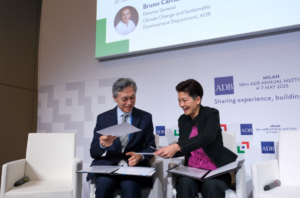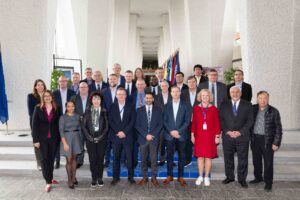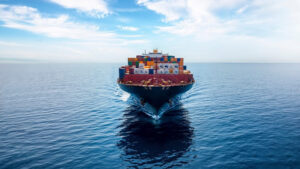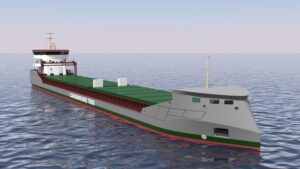ICC: USD 1.6 Trn Gap in Global Trade Finance
There is a USD 1.6 trillion shortfall in trade finance globally, the International Chamber of Commerce (ICC) said citing recent studies, urging for an urgent UN-led review of the trade financing gap.
As disclosed, the gap has grown since the peak of the 2009 financial crisis—with the biggest gaps provision hitting developing and emerging economies in Africa and Asia.
Moreover, ICC research suggests that almost 60% of applications for trade finance turned down by banks come from SMEs, suggesting that entrepreneurs and small business owners are particularly impacted by this trend.
The call was issued ahead of the 2017 Financing for Development Forum—starting this week in New York, addressing its participants to pay a particular focus on possible means to reverse the on-going erosion of international correspondent banking networks.
“In trade finance, banks help mitigate traders’ risks by bridging the time-lag in international transactions between the manufacture of goods, shipment and the receipt of payment. Such bank-intermediated transactions now represent more than a third of all world trade, equal to trillions of dollars each year,” ICC said.
According to the 2016 ICC Global Trade Finance Survey the chronic trade finance shortfall is largely due to the unintended effects of global financial crime regulation.
“However, the increasing complexity of global financial crime regulation—and associated regulatory and reputational risks—has resulted in banks adopting an extremely cautious approach to managing risk and as a consequence are reducing and exiting certain types of business,” the chamber added.
The ICC further added that many global banks have begun to exit correspondent relationships with a significant number of banks in jurisdictions that are perceived as being high-risk. Some countries have been hit especially hard by this trend, such as Argentina, while dozen countries are now down to a single correspondent banking relationship and risk being entirely cut off from the international finance system—including the Central African Republic, Nicaragua and the Solomon Islands.








